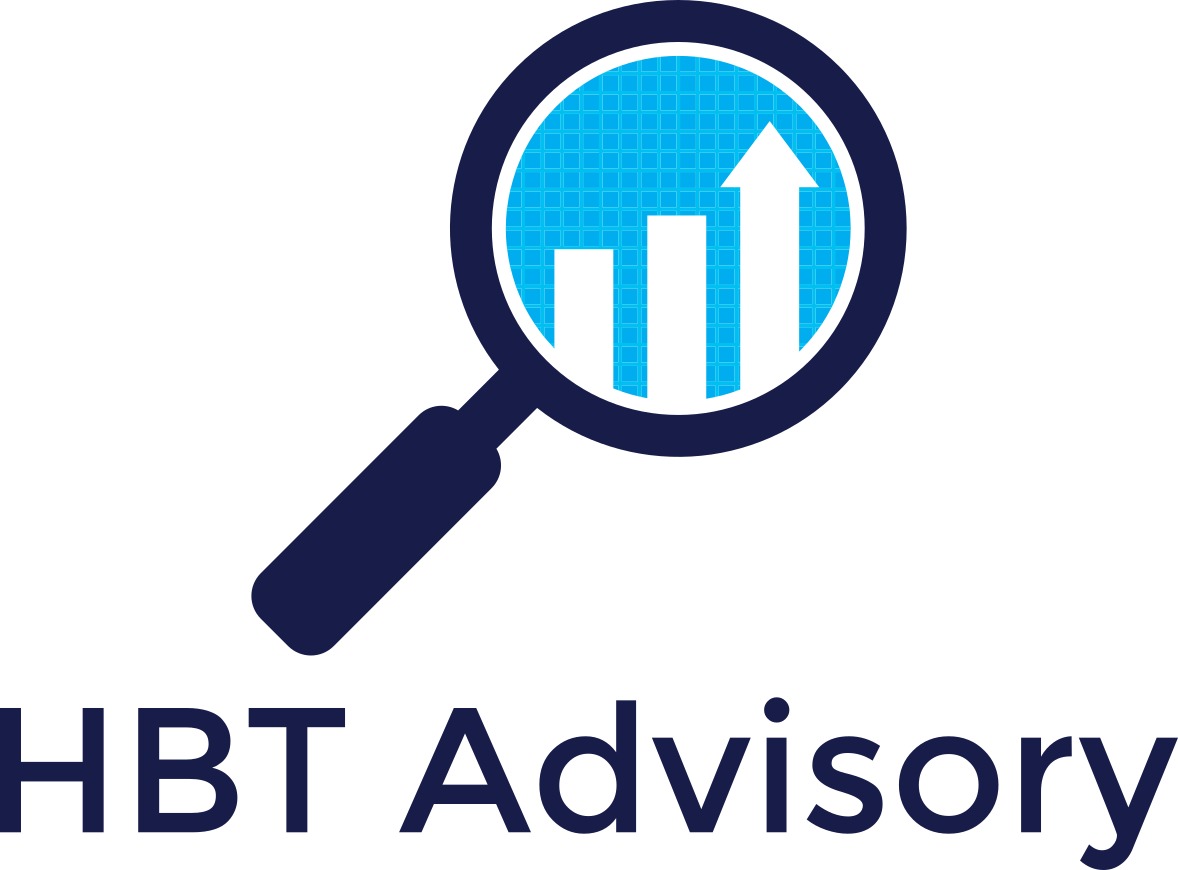What does your small business need to do before 30 June to save tax?

As the end of the financial year is less than eight weeks away, there are steps that can be taken prior to 30 June to help you save tax.
This is Part One of our two-part series and we will focus on Individuals in Part Two.
Here are a few things to consider leading into 30 June:
Pay it Forward!
If you incur the expense before 30 June 2018, then it can fall into the 2018 Financial Year. Some examples of this can include:
- $20,000 instant asset write off (if you meet the small business entity conditions)
- Office Supplies and Stationery
- Employee Superannuation payments
$20,000 Instant Asset Write Off (set to end on 30 June 2018)
Small business entities with a $10m turnover threshold for the 2018 Financial Year have access to the $20,000 instant asset write-off for new or second hand depreciating assets, if they have been bought and installed ready for use before 30 June 2018. This is a good opportunity for businesses to purchase those assets required to run their businesses and be able to depreciate them fully in the 2018 Financial Year.
Any assets over the $20,000 threshold can be pooled in a general small business pool and depreciated at 15% in the first year, and 30% in the years after that.
With a Federal Budget set to be released on the night of Tuesday, 8 May we will have any further developments about any changes to this posted on our website and Facebook page.
Pay employee super contributions before 30 June
To claim a tax deduction for superannuation for the 2018 Financial Year, the superannuation contribution needs to be received by the employee’s super fund before 30 June. It can take a few days from the time you pay the superannuation contribution to being received by the employee’s super fund so be mindful of this when making the payment.
If you are using the ATO’s small business clearing house, the superannuation contributions are considering to be received when the clearing house accepts them (so you don’t have to worry about when the employee’s super fund receives them!)
Review your debtors
Do you have any debtors that just have not paid? Have you shaken them (not literally, but figuratively) as much as you can to get the money they owe you? If you aren’t getting any traction with the debtor, then these debtors need to be written off. To be able to claim a deduction for a bad debt, each bad debt must be written off before 30 June and have been previously included in the last financial year as income.
Tip: Keep documentation and correspondence of your attempts to chase this debt.
Review your business structure
Whether you are operating your business as a sole trader, partnership, company or a trust, it is a good opportunity to review your business structure as you may find that it may no longer be suitable for your business. This may depend upon when you are growing/expanding or scaling down your business.
For small business entities (that is entities with less than $10 million turnover), you can change your business structure without being subject to capital gains tax on the transfer of assets. This allows businesses to consider what the most suitable business structure would be to continue operating their business without any serious tax consequences.
Between now and 30 June, you can establish that new business structure ready to commence trading for 1 July 2018.
These are a few of the examples that could be available to your business, however it is not always a “one size fits all” approach and we ask that you seek specific advice tailored to your circumstances.
Should you wish to discuss your business and are looking at taking some steps leading into 30 June to help minimize your tax, please contact our office for a free no obligation meeting to discuss your business.
topic:Tax
Related Articles
COVID-19 Stimulus Package – What this means for your business
With these uncertain times ahead due to the pandemic that is COVID-19, we have provided a summary of the two stimulus packages that have been announced and what this means for your business. Increase of the Instant Asset Write Off Threshold from $30,000 to $150,000 Businesses with a turnover of less than $500 Million (up … Continue reading “COVID-19 Stimulus Package – What this means for your business”
Tax
22 March 2020
Do you and your business partners have a Shareholders Agreement?
Before you start your journey in business, you are in love with the business, but when the relationship goes sour it can turn to you know what!! Being in business with someone, whether work colleagues or friends getting together is a like a business marriage and therefore you need something in place that can be used to … Continue reading “Do you and your business partners have a Shareholders Agreement?”
Tax
5 February 2019
Director’s Personal Liability For Unpaid Employee Super
The Australian Taxation Office (“ATO”) are cracking down on unpaid superannuation by employers and have the data to track outstanding super far better than they have before. Under the current laws, there are some strict laws which could see a Director become personally liable to pay the unpaid super obligations that the company would have … Continue reading “Director’s Personal Liability For Unpaid Employee Super”
Tax
2 October 2017





